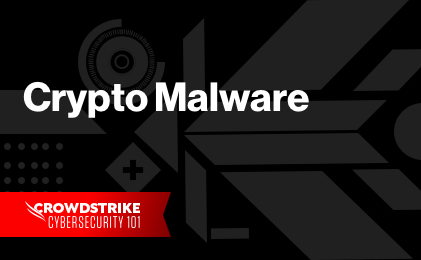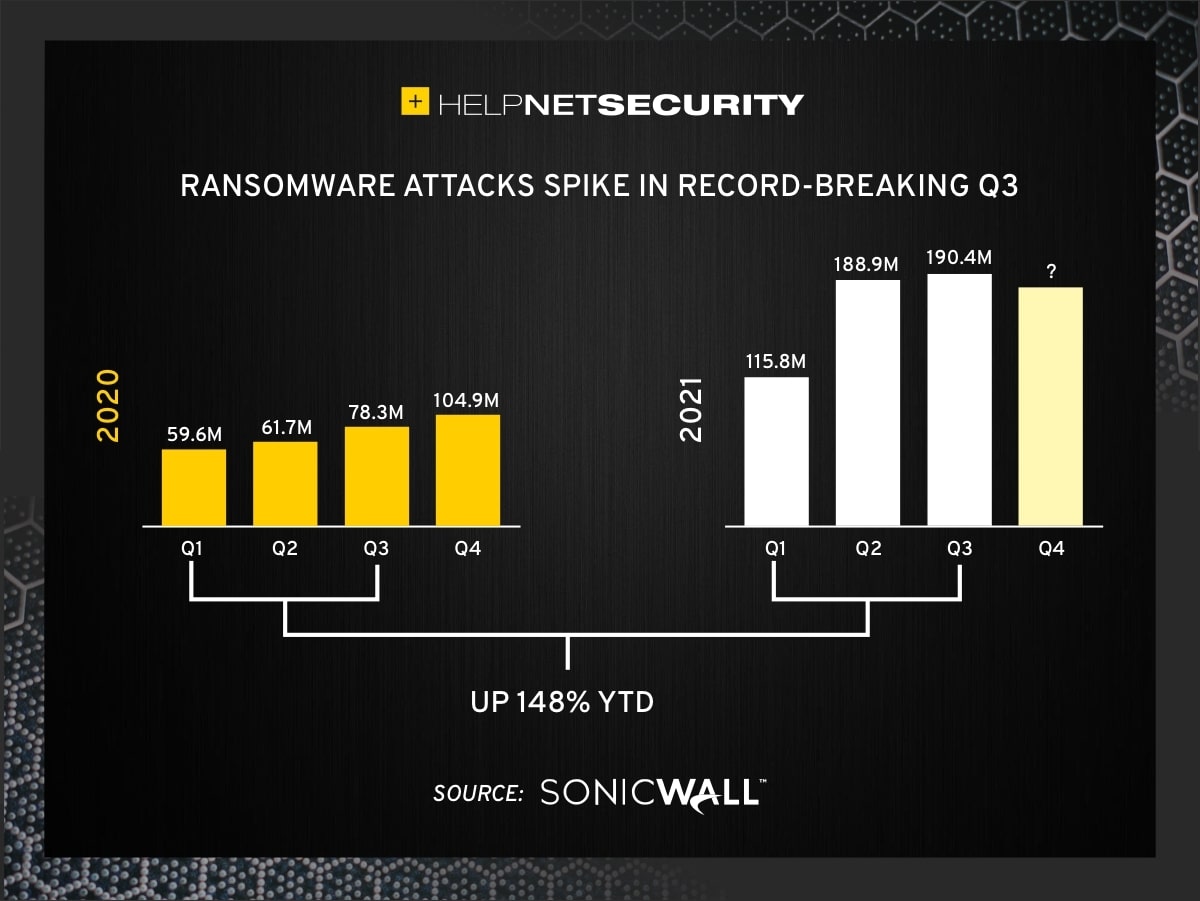JSCEAL: New Malware Stealing Crypto Credentials and Wallets

JSCEAL: New Malware Stealing Crypto Credentials and Wallets
A new malware campaign, dubbed JSCEAL, is targeting cryptocurrency users with the goal of stealing their credentials and digital wallets. This sophisticated attack, active since at least March 2024, uses malicious advertisements to trick users into downloading fake crypto trading applications. Understanding how JSCEAL operates is crucial for protecting your crypto assets.

What is Crypto-Malware? Definition & Identifiers - CrowdStrike
How JSCEAL Works
The JSCEAL malware is distributed through malicious ads, often found on social media platforms like Facebook. These ads promote fake cryptocurrency trading applications that appear legitimate. Once a user downloads and installs the fake app, JSCEAL begins its malicious activities.
- Infection Flow: JSCEAL employs a multi-layered infection flow, making it difficult to detect.
- Data Exfiltration: The malware focuses on stealing cryptocurrency-related data, including:
- Credentials
- Wallets
- Browser cookies
- Autocomplete passwords
- Telegram accounts
- Techniques: JSCEAL uses various techniques to steal information, such as:
- Keylogging
- Screenshot capture
- Man-in-the-Browser (MitB) attacks
- Anti-Analysis: The malware uses compiled JSC and script-based fingerprinting to evade detection by security solutions.
Protecting Yourself from JSCEAL
While JSCEAL is a sophisticated threat, there are several steps you can take to protect yourself and your cryptocurrency assets:
- Be wary of advertisements: Avoid clicking on ads promoting cryptocurrency trading apps, especially on social media. Always verify the legitimacy of the app before downloading.
- Download apps from official sources: Only download cryptocurrency apps from official app stores (e.g., Google Play Store, Apple App Store) or the official website of the cryptocurrency exchange or wallet provider.
- Enable two-factor authentication (2FA): Use 2FA on all your cryptocurrency accounts to add an extra layer of security.
- Use strong, unique passwords: Create strong, unique passwords for each of your cryptocurrency accounts. Avoid reusing passwords across multiple platforms.
- Keep your software up to date: Regularly update your operating system, web browser, and antivirus software to protect against known vulnerabilities.
- Use a reputable antivirus solution: Install a reputable antivirus solution and keep it up to date.
- Be cautious of phishing attempts: Be wary of emails, messages, or phone calls asking for your cryptocurrency credentials or private keys. Never share this information with anyone.
- Regularly monitor your accounts: Keep a close eye on your cryptocurrency accounts for any suspicious activity.
Key Takeaways
The JSCEAL malware campaign poses a significant threat to cryptocurrency users. By understanding how the attack works and taking proactive steps to protect yourself, you can significantly reduce your risk of becoming a victim. Stay vigilant, be cautious of suspicious advertisements and downloads, and always prioritize security best practices.
References
- Check Point New JSCEAL Malware Targets Crypto App Users
- GBHackers New JSCEAL Attack Aims to Steal Credentials and Wallets from Crypto App Users
- TechRadar Major new malware strain targets crypto users via malicious ads - here's what we know, and how to stay safe
- Check Point Research Sealed Chain of Deception: Actors leveraging Node.JS to Launch JSCeal
- CrowdStrike Crypto Malware Image





